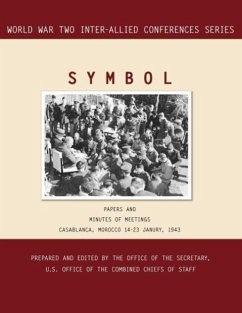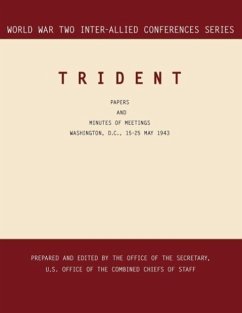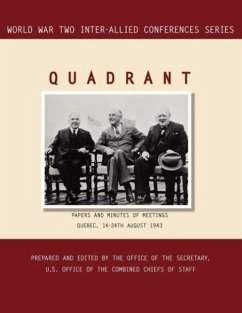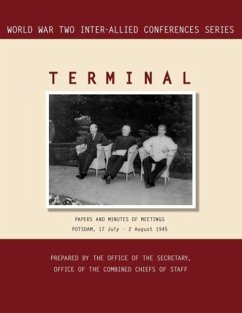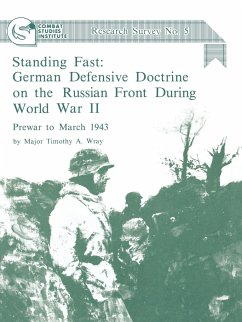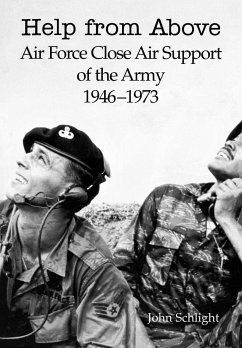During World War II, President Franklin D. Roosevelt and Prime Minister Winston S. Churchill formulated allied grand strategy at a series of high-level conferences held in Washington, DC, Casablanca, Quebec, Cairo, Tehran, Yalta, and Potsdam. At the Tehran, Yalta, and Potsdam conferences, the Russian leader, Joseph Stalin, also played a major role. Under policy guidance from their national leaders, the newly formed US Joint Chiefs of Staff and their British counterparts, known collectively as the Combined Chiefs of Staff, hammered out the military details of allied strategy. The minutes of the Combined Chiefs' meeting at the major conferences touch on virtually every policy and strategy issue of World War II, from initial troop deployments to counter Axis aggression, through the debates about the location and timing of the principal Anglo-American offensives, to the settlement of post-war occupation boundaries. Besides being an invaluable primary source on the early years of the Joint Chiefs of Staff and on the planning and conduct of World War II, these documents also offer insights for today on the problems of managing a global coalition war. Originally highly classified documents, the minutes were declassified on October 3, 1973. CASABLANCA CONFERENCE VOLUME 1 and VOLUME 2 (Casablanca, Morocco, 14-23 January 1943). This was the first of the great Allied mid-war conferences, with Roosevelt, Churchill, their military chiefs of staff, and the French leaders Henri Giraud and Charles de Gaulle in attendance. In the major U.S.-British debate, the British prevailed. The Allies postponed the cross-Channel invasion until 1944, but organized a combined staff to plan for it. For the immediate future, they would continue the Mediterranean campaign with an invasion of Sicily. They also decided to launch a combined strategic air offensive against Germany, and the Americans were to mount a Pacific offensive against Japan. Roosevelt and Churchill issued the Unconditional Surrender doctrine.
Hinweis: Dieser Artikel kann nur an eine deutsche Lieferadresse ausgeliefert werden.
Hinweis: Dieser Artikel kann nur an eine deutsche Lieferadresse ausgeliefert werden.

